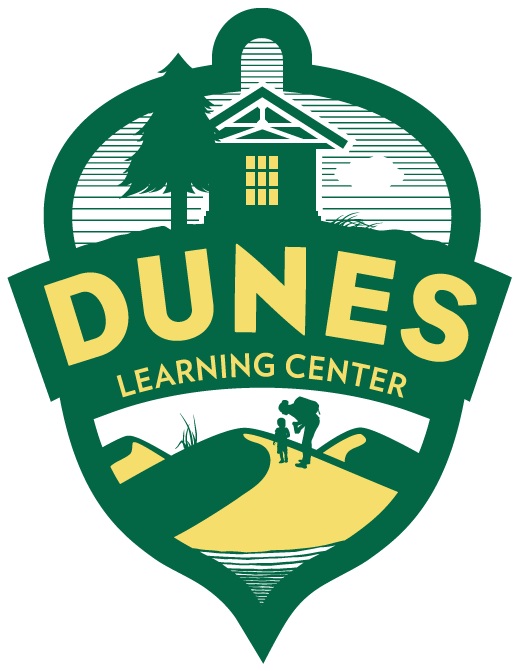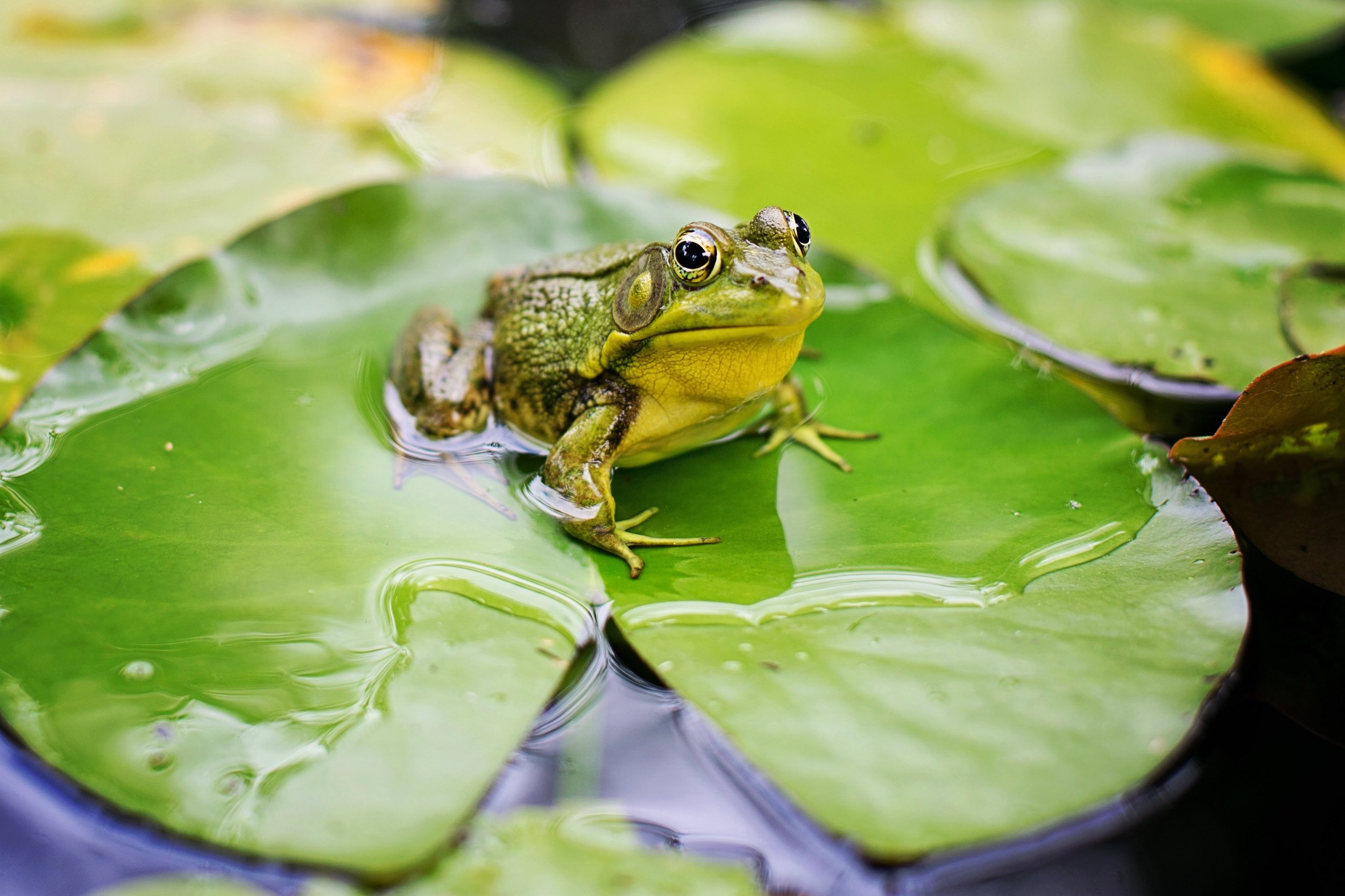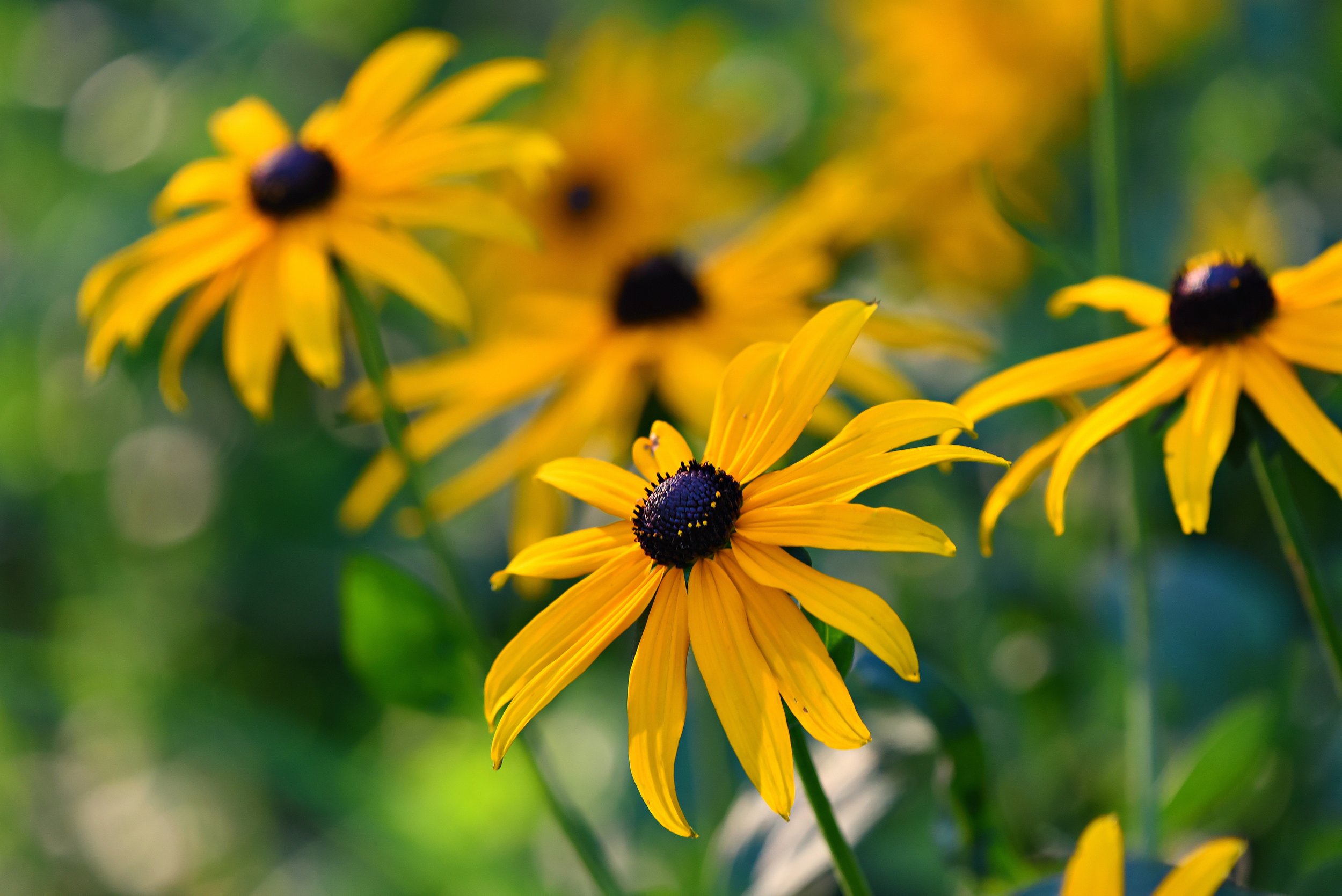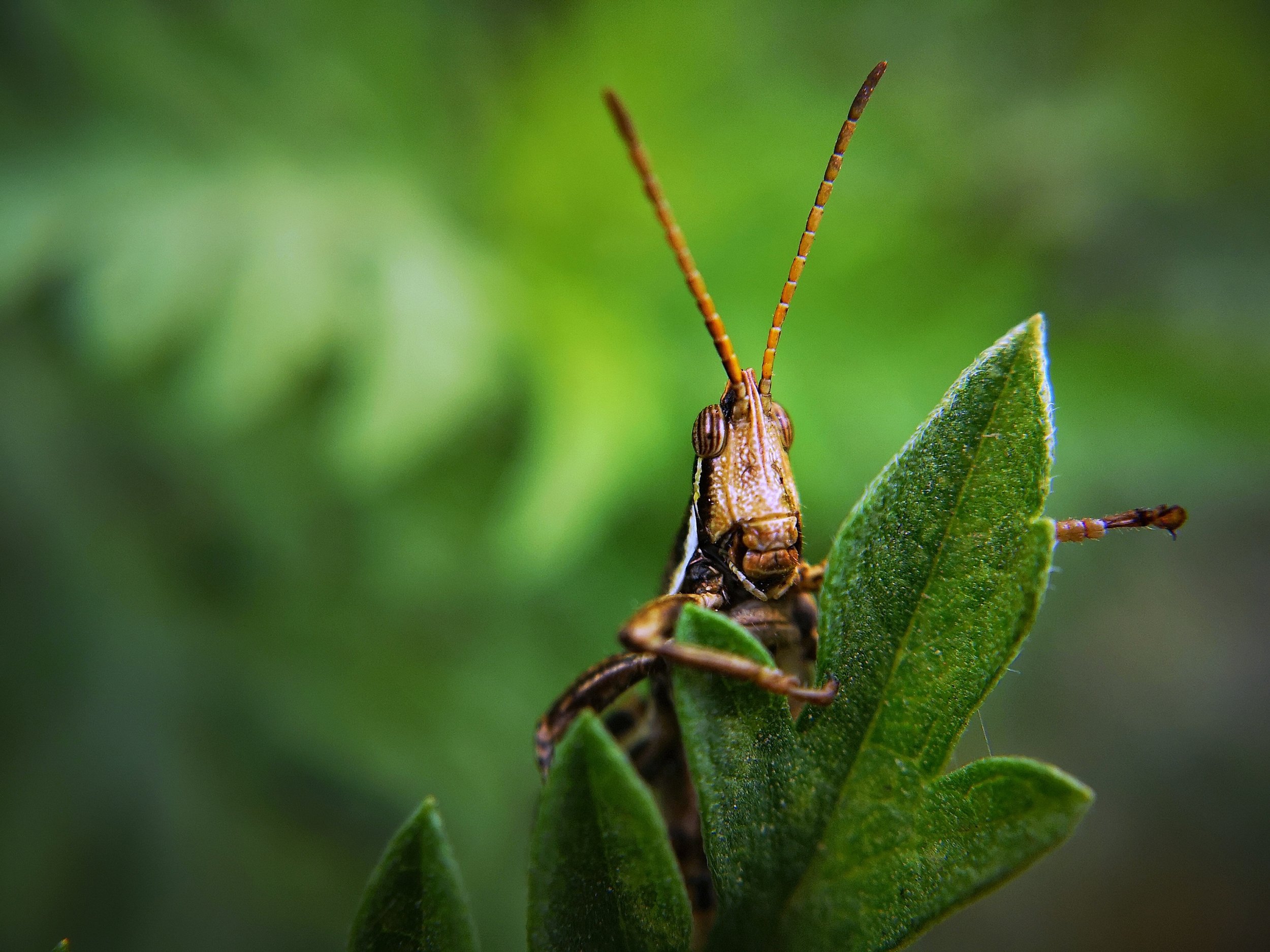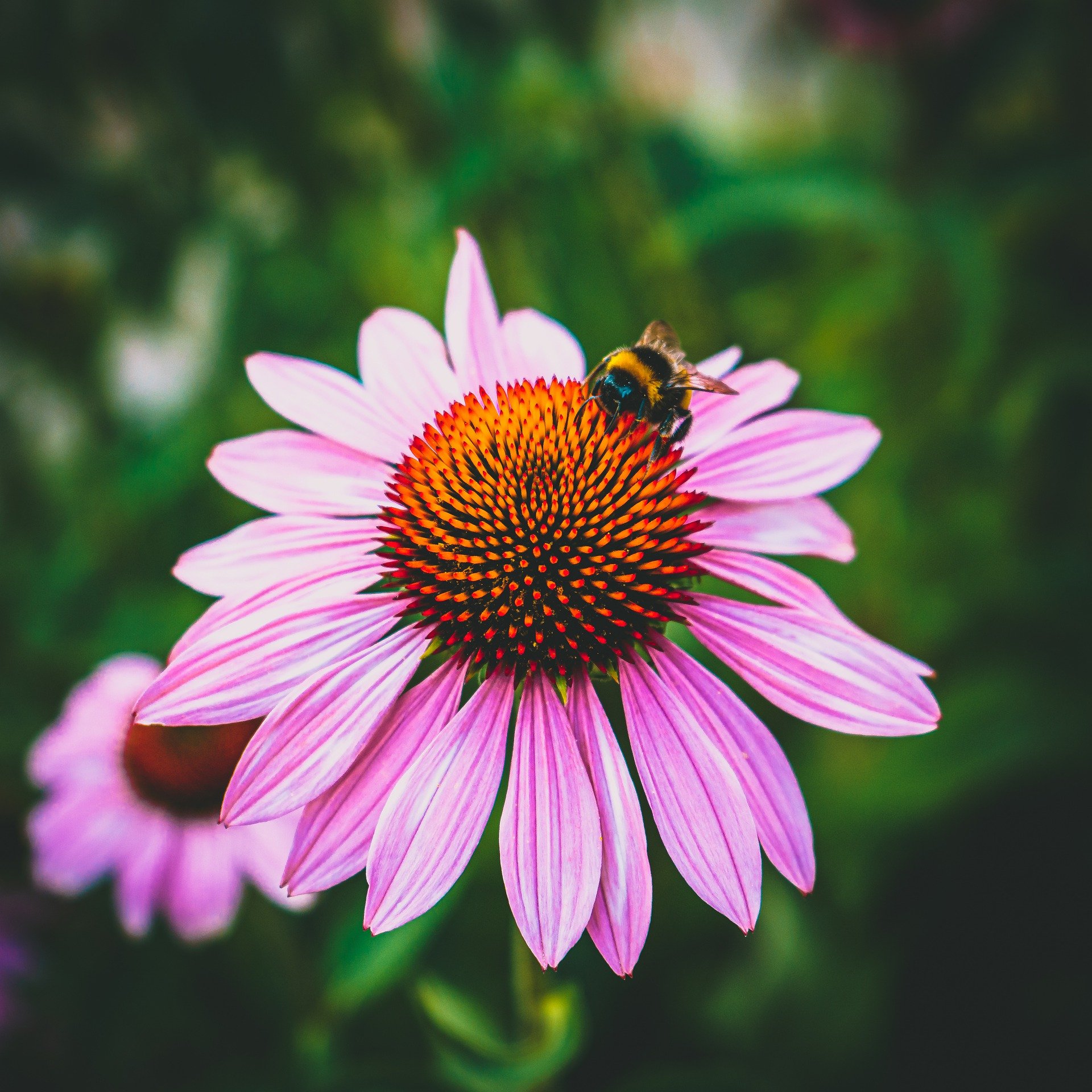Birding Tour of the Dunes
Sunday, April 28, 8am-11am
Travel by bus to the unique bird habitats of the Indiana Dunes. From lush woodlands to serene wetlands, witness the diverse behaviors and striking colors of resident and migratory birds.
Whether you're a seasoned birder, a nature enthusiast, or someone discovering the joy of birdwatching, this tour promises an enriching and unforgettable experience.
Cost per person $30, ages 14+
Indiana Youth Worker Social Emotional Learning with Emily Dills
Monday, April 29, 8:30a-5:00p
This workshop by the American Camp Association will provide a foundational understanding of Social and Emotional Learning within the context of a summer camp environment and how this applies to establishing, maintaining and repairing relationships among staff and campers. Lunch will be provided by DLC.
Cost per person, $10
Forest Bathing
Sunday, May 19, 1pm-4pm
Enjoy a fully guided practice in the art of Shinrin~Yoku (Forest Bathing) with Cynthia Smith. Forest Bathing has been proven to provide many benefits for the spirit, mind, and body. This program is an invitation to be in nature and bring one closer to the “nurture of nature”. Upon registration a list will be provided to help you prepare for your experience. Hot tea will be provided.
Cynthia Smith is an experienced Forest Bathing guide. She is also a meditation and restorative yoga teacher for over 25 years. In her love of nature, she finds sanctuary and enjoys sharing this deep and honored connection with others.
Cost per person $35, ages 18+
Keep scrolling for on-demand offerings!
Arts activities made possible by the Indiana Arts Commission, and the National Endowment for the Arts, a federal agency.
Dunes Learning Center events are supported by our 2024 Corporate Event Sponsors, including BP America, Cleveland Cliffs, Franklin Pest Solutions, Friends of Indiana Dunes, Keramida Inc., Mark J. Mihalo Family Dentistry, NIPSCO, Shinka Sustainability Consultants, and Wickcraft Boardwalks.
Did you miss a session?
Purchase recordings of these recent webinars:
The Awakening of Anishinaabe Star Knowledge
Old stories and teachings are coming back to life as Anishinaabe people seek and contemplate their connection to the star world. This presentation shares the unique perspective of the stars and how they connect to the language and culture of the Anishinaabe people.
Presenter Michael Waasegiizhig Price is Anishinaabe and an enrolled member of Wikwemikong First Nations in Ontario, Canada.
Purchase access to the webinar for $10.
Indigenous Perspectives for a Sustainable Environment
Did you miss the Indigenous Science Webinar series in November? Purchase access to the full 5-part series for just $25 (a 50% savings from the original price).
Indigenous people have a unique view of the environment we all share. Diversify your science skillset with this webinar series. We will explore the strengths and limitations of using Western Science and how Indigenous Science can help to manage our resources for a sustainable future. Through five sessions, we will compare Indigenous and Western Science, examine language and cultural bias, and discuss food systems, land management techniques, gardening, and more!
Perfect for educators, land managers, environmentalists, or anyone interested in diversifying their science skills and learning practical, sustainable ways of working with our environment.
Session 1: The Basics of Indigenous and Western Science. Compare Indigenous and Western Science with Kaya DeerInWater of the Citizen Band of Potawatomi. His practical experience working for the Potawatomi nation along with his ongoing research give him a unique perspective to share how traditional knowledge contributes to resilience in a changing world.
Session 2: The Language of Science. Explore nuances of language and culture that can create bias when examining empirical evidence. Latin names are the “universal” terms, while English uses nouns and Indigenous Languages use descriptive words. Join Franklin Barker, from the Gun Lake Band of Potawatomi, for this thought-provoking discussion.
Session 3: Rethinking Our Relationship with Land Management. Consider successes and failures of land management through an indigenous perspective. Why do we call a plant a “weed?” Speaker Bradford Kasberg is committed to revitalizing the practice of traditional ecological knowledge and its role in ecological restoration for his community and other indigenous communities in the Midwest.
Session 4: Food Sustainability and Sovereignty. Discover the scientific food systems of traditional “wild” food, and how these sustainable indigenous food systems can benefit the environment. Elena Terry is Executive Chef/Founder of Wild Bearies, a non-profit catering organization, and coordinates the Culinary Program for the Native American Food Sovereignty Alliance.
Session 5: The Art of Indigenous Gardening. Learn the history of sustainable Indigenous Gardening, including planting, harvesting, and seed saving. Lots of ideas for teachers, land managers, and gardeners of all types! Gina Roxas is a citizen of the Prairie Band Potawatomi Nation and serves as the Medicinal Gardener Project Manager for Trickster Cultural Center.
